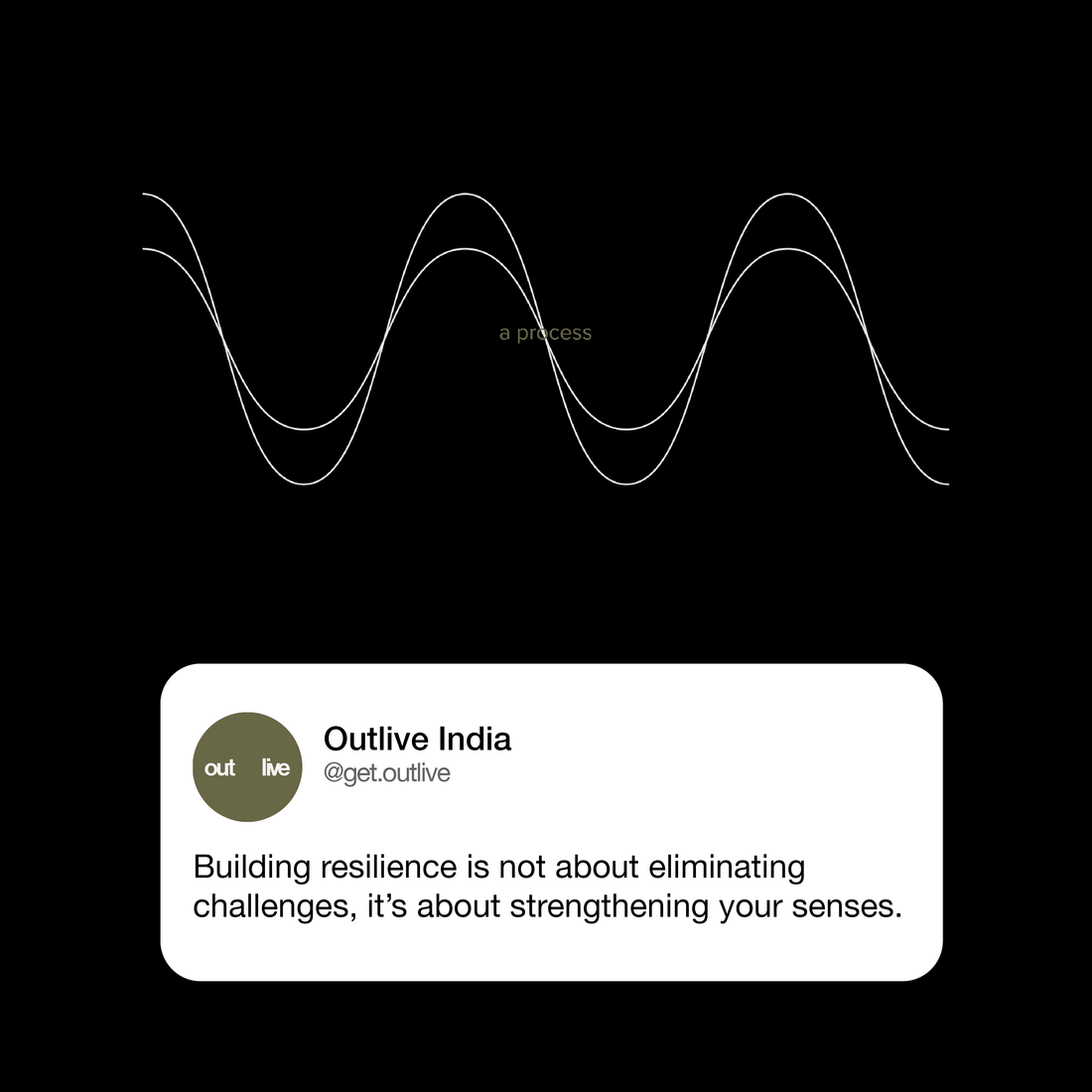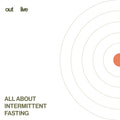Stress is a part of life. But when it lingers for too long, it can affect everything — your mood, sleep, health, and even your relationships. The good news? Learning how to reduce stress is a skill, and just like any skill, it can be mastered with the right tools.
Here’s a guide to managing stress effectively, understanding the connection between stress and anxiety, and simple ways to manage stress in your daily routine.
Why Stress Happens
Stress is your body’s natural reaction to any demand or challenge. It can be triggered by work pressure, personal life, health worries, financial concerns, or even everyday decisions. While short bursts of stress can be motivating, chronic stress can take a toll on your body and mind, leading to stress and anxiety disorders.
Recognizing early signs — like fatigue, irritability, poor sleep, or constant worry — is the first step toward managing stress better.
Explore Our Best-Selling Product
How to Reduce Stress: 7 Practical Strategies
1. Deep Breathing and Mindfulness
A few minutes of slow, deep breathing can calm your nervous system. Mindfulness exercises like meditation or simply focusing on your senses can ground you during chaotic moments.
2. Movement and Exercise
You don’t need an intense gym session. A simple walk, yoga, or stretching can trigger the release of endorphins — your brain’s natural stress relievers.
3. Prioritize Sleep
Poor sleep and stress and anxiety feed off each other. Build a wind-down routine, avoid screens before bed, and aim for 7–9 hours of quality sleep.
4. Simplify Your To-Do List
Feeling overwhelmed? Cut your list down. Focus on 1–3 key priorities a day instead of trying to do it all at once.
5. Eat Balanced Meals
Blood sugar crashes can make managing stress even harder. Stick to healthy diet tips — prioritize whole foods, stay hydrated, and avoid excessive caffeine or sugar.
6. Create Small Rituals
Daily rituals — whether it’s a morning coffee, a gratitude journal, or a 10-minute walk — create structure and comfort in unpredictable days.
7. Connect With Others
Talking things out with a friend, coach, or therapist can lighten the mental load. Never underestimate the power of human connection.
Long-Term Ways to Manage Stress
Building stress resilience is not about eliminating challenges — it’s about strengthening your ability to bounce back.
Over time, healthy habits like fasting, movement, balanced eating, and scheduled downtime make your mind and body more equipped to handle stress.
At Outlive, we believe simple structures like planned resets — even something like a one-day nutritional reset — can help you mentally and physically refocus when life gets overwhelming.
In Summary:
If you’re feeling stuck, take a breath. Start small. Add one supportive habit a week. Stress may be inevitable, but suffering from it doesn’t have to be.
Frequently Asked Questions (FAQs) :
1. What is an easy step to lower my stress level?
Start with deep breathing exercises. Spending a few minutes a day concentrating on your breath can soothe your nervous system and work right away. Outlive suggests incorporating mindfulness habits into your daily life to assist in centering yourself in stressful situations.
2. Why does exercise aid in stress management?
Regular movement, such as walking or yoga, can release endorphins, natural mood boosters. Outlive states that even simple movements can dramatically decrease stress levels and enhance overall well-being.
3. Can my diet affect my stress levels?
Yes. A balanced diet regulates blood sugar levels, which can help avoid mood swings and energy slumps. Outlive recommends concentrating on whole foods and adequate hydration to fuel your body's response to stress.
4. I'm having trouble sleeping because of stress. Any suggestions?
Creating a relaxing bedtime routine can be helpful. Outlive recommends limiting screen time in the evening and organizing the bedroom to be a relaxing space to promote quality sleep, which in turn aids in the control of stress.
5. How significant is social connectivity in managing stress?
Extremely important. Converse with friends, family, or professionals to gain support and insight. Outlive emphasizes the strength of human relationships as a means to ease burdens on the mind and cultivate resilience
6. What are some long-term strategies to build resilience against stress?
Folding in disciplined habits like regular exercise, balanced diet, and mindfulness training can bolster your stress-coping ability. Outlive suggests formalized procedures, such as scheduled resets or dietary programs, to sustain mental and physical equilibrium over a long period.






















